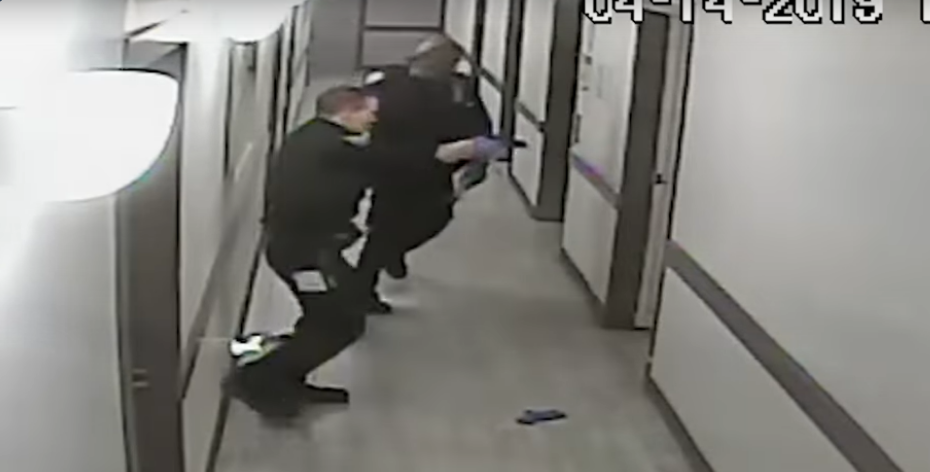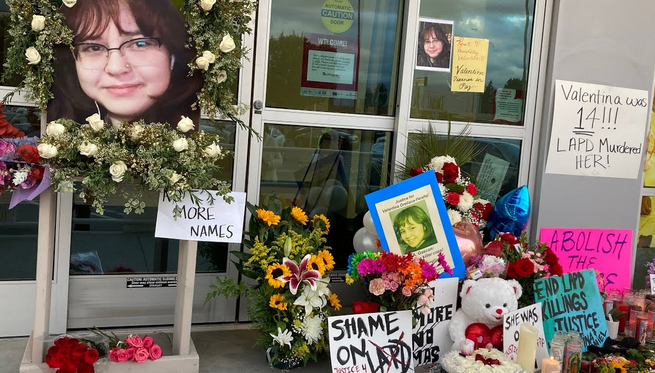Photo: YouTube
WASHINGTON – Tuesday, in a House Oversight Committee hearing, Congresswoman Ayanna Pressley (MA-07) highlighted the connection between racial disparities in the criminal legal system and the legal cannabis industry.
In her line of questioning, Rep. Pressley underscored the need to provide pathways into the legal cannabis industry for those directly impacted and cited Massachusetts law as a starting point for a just and equitable cannabis policy.
A full transcript of her exchange with the witnesses is available below.
Transcript: Pressley: Cannabis Policy Must Center Equity and Those Directly Impacted by War on Drugs
November 15, 2022
REP. PRESSLEY: The failed war on drugs has sustained a mass incarceration crisis that has ravaged Black and brown communities, destabilized our families, and inflicted a truly intergenerational trauma.
With marijuana arrests accounting for nearly half of all drug arrests, today’s hearing really does underscore the need to combat this crisis by legalizing marijuana and repairing the harm of incarceration by providing pathways into the legal cannabis industry for those directly impacted. As the cannabis industry is projected to raise revenues of over 50 billion – that’s with a B – dollars by 2026, a recent report found that less than 2% of the industry is owned and operated by Black entrepreneurs. This is certainly a grave injustice. Ms. Littlejohn, would you just enumerate for the purposes of the record: What are some of the top challenges that Black and brown folks continue to face when seeking access to the cannabis industry?
MS. LITTLEJOHN: Thank you, Congresswoman Pressley. Barriers to entry exists really from the outset. New entrants to the market commonly find that licenses are not available to newcomers. And if they are, they are rendered nearly impossible to secure due to tensions between state and federal law.
For example, in one state to secure an adult use cannabis license, you would need to come up with $3 million but you would also need to meet low income requirements at the same time. Many applicants are required to secure commercial property at four to 10 times the going rate, and hold that that property indefinitely with no promise of actually securing a license.
And they do all of this without access to capital and federal loans and services for small businesses. If they can actually get their doors open, they would face an effective tax rate of 70 to 90%, a lack of access to banking, insurance and federal IP protections. And together this makes it nearly impossible to navigate in a market that’s made incredibly volatile, both by federal illegality and competition from unlicensed and unregulated operators.
REP. PRESSLEY: Thank you, Ms. Littlejohn. I appreciate your numerating that and offering those very specific examples, which really just to speak to the fact that first, we need laws that center healing and prioritize equity, but every law is only as good as its enforcement. And also, it seems that even with some of those laws, we still see these inequities being perpetuated. So thank you so much for your testimony.
And I will lift up that representing the Commonwealth of Massachusetts that we did create the first in the nation Social Equity Program, which does provide residents who are disproportionately harmed by the war on drugs with access to critical resources, grants, and low or no interest loans.
Ms. Haynes, so good to see you, and thank you so much, again, for your testimony. Why is it beneficial to mandate equity provisions which helped formerly incarcerated individuals?
MS. HAYNES: Thank you for your question, Representative Pressley, and it is good to see you again, as well. Again, as I stated in my testimony here, and even in my written testimony, those of us that are directly impacted, we experienced a host of collateral consequences. And just imagine, you know, being subjected to these collateral consequences, why you were seeing, you know, particularly white man make billions off of the cannabis industry and to also see people freely using something that you are relegated to live as a second-class citizen for.
And so it is with those things in mind. And so, you know, no, Congress will not be able to give me back the four years I’ve lost or any other time that anybody has lost, but by automatically expunging these convictions, again, like I said, so that we no longer have to live in the shadows in our community will be able to help us to secure jobs, where we can have meaningful jobs. It will help us to secure housing. It will help us to be able to get into the marijuana business if one so chooses. And just various other things that will help us to be able to regain our rights to vote to vote to participate in our democracy policy fully in this country.
And so there’s just a lot of things that like I said, we are relegated to live as second-class citizens in this country because of marijuana convictions and so it is just extremely important that it is automatic expungement, not something that we have to go through the courts for because some people may not be able to afford lawyers and you know, and all of those different things, it is something that should be automatically done for those of us who have, you know, experienced collateral consequences because of the prohibition on marijuana.
REP. PRESSLEY: Thank you for being as precise as the laws that caused the harm. So I appreciate your being so instructive there and comprehensive in your response.
On March 11, 2021, Rep. Pressley re-introduced the People’s Justice Guarantee, a comprehensive, decarceration-focused resolution that outlines a framework for a fair, equitable and just legal system, including the decriminalization of addiction and legalization of marijuana.
In December 2021, Rep. Pressley, along with Reps. Cori Bush (MO-01) and Hakeem Jeffries (NY-08) and grassroots advocates, unveiled the Fair and Independent Experts in Clemency (FIX Clemency) Act, historic legislation to transform our nation’s broken clemency system and address the growing mass incarceration crisis.
Rep. Pressley is a supporter of the Marijuana Opportunity Reinvestment and Expungement (MORE) Act, which would decriminalize marijuana at the federal level and allow for the expungement and resentencing of federal cannabis convictions, and issued a statement following the bill’s passage out of the House in December 2020.
She is also a supporter of the SAFE Banking Act, which would federal regulators from taking punitive measures against depository institutions that provide banking services to legitimate cannabis-related businesses and ancillary businesses that serve them.
Video of Rep. Pressley on Marijuana Equity: https://www.youtube.com/watch?v=qV6-ChPYCVw












